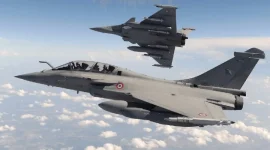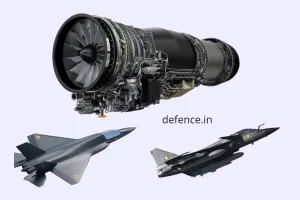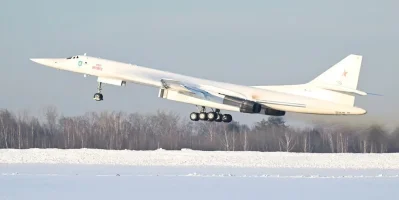- Views: 5K
- Replies: 36
India's efforts to boost domestic production of the AL-31FP aero engines, which power the Indian Air Force's Su-30MKI fighter jets, have encountered resistance from Russia.
Hindustan Aeronautics Limited (HAL) currently produces these engines under license at its Koraput division, with an indigenous content level of less than 54%. HAL aims to increase this to 63% in the coming years, but Russia's reluctance to approve further localization efforts poses a significant challenge.
The primary obstacle lies in the original transfer of technology (ToT) agreement, which stipulates that HAL must source raw materials for the AL-31FP engines exclusively from Russia. This restriction limits HAL's ability to substitute components with locally manufactured parts or utilize Indian alloys without Russian approval.
Although HAL and the Gas Turbine Research Establishment (GTRE) have formulated plans to replace certain assemblies and sub-assemblies with indigenously produced equivalents, Russia has cautioned that such modifications could void the engines' warranty.
Russia's stance is rooted in its desire to protect its intellectual property (IP) rights over the AL-31FP engines. Moscow seeks to safeguard its proprietary technologies and maintain a degree of control over the production process.
Despite these hurdles, HAL and GTRE remain committed to increasing the indigenization of the AL-31FP engines. Replacing key assemblies with components manufactured using Indian alloys and raw materials is seen as crucial for enhancing the engines' durability and reducing dependence on foreign suppliers.
However, if HAL proceeds with these modifications without Russian authorization, it will have to assume full responsibility for the engines' performance, including providing warranties and after-sales support. This could potentially increase the cost and complexity of maintenance for the Indian Air Force.




